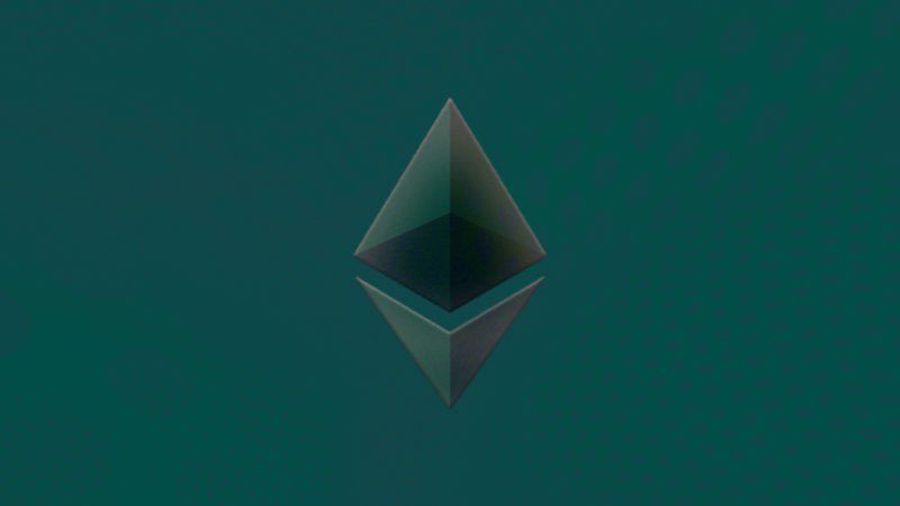An anonymous researcher under the pseudonym Frank Topbottom accuses Ethereum miners of arbitrarily including transactions in blocks to manipulate transactions in DeFi.
The researcher believes that with the development of the decentralized finance (DeFi) industry, the likelihood of manipulating data on the blockchain for profit only increases. This can be explained by the fact that miners are free to decide which transactions they can process and in what order. This practice is called “miner extractable value” (MEV).
Frank Topbottom noticed a number of suspicious transactions added by the SparkPool and F2Pool mining pools. Despite the small fees for these transactions compared to other transactions, they ranked first in the blocks. It is noteworthy that such transactions were sent from specific addresses.
The researcher also reported that MEV practices are most common in small pools such as 2Miners, Minerall Pool and EzilPool, which account for about 2% of the network’s total hashrate. Frank Topbottom gave an example of a dubious transaction with multiple MEV signs.
First, the processing fee was almost zero – only 2 Wei (1 Gwei is equal to 1 billion Wei). Wei is the smallest component of the broadcast. A transaction with such a commission would hardly have been confirmed, but in this case, its processing took only 17 seconds. Secondly, the transaction was made for the purpose of arbitrage trading. The sender could have made $ 70 on a $ 2,800 trade. Given the current gas price, such a deal would not be profitable, and arbitrage traders would ignore the opportunity. The “culprit” of the transaction is unknown, but he would not have been able to complete it without the assistance of the miners.
According to the researcher, thanks to the ability to change the order of transactions at will, miners can stay ahead of any other DeFi users. Miners can abuse their powers to outperform other traders in arbitrage trading, auctions, and token offerings. There are fears that miners will start submitting their own bids with zero commission and block legitimate bidders. On the other hand, this is unlikely, as miners will have to take concerted action over a long period of time.
A more realistic scenario is competition between miners for a highly profitable MEV. In this case, they will have the motivation in short-term blockchain forks to “steal the trophy” from other miners. It can be bad for regular users if they see their transactions being removed from the chain after confirmation.
Frank Topbottom believes that stopping miners from extracting value from DeFi is extremely difficult because their actions are consistent with the rules of consensus. Moreover, these manipulations can be performed not only by miners, but also by stakers in Ethereum 2.0, if the blockchain architecture remains the same. The researcher proposed to solve this problem with the help of the MEV auction, where the rules of conduct for miners will be specified and the “rights sale” will be carried out to change the transaction queue at will.
Recall that in September, Ethereum miners earned $ 166 million in commissions, this is a record figure in the entire history of Ethereum. The main factor behind the growth of miners’ income was the increase in trading activity in DeFi projects.







